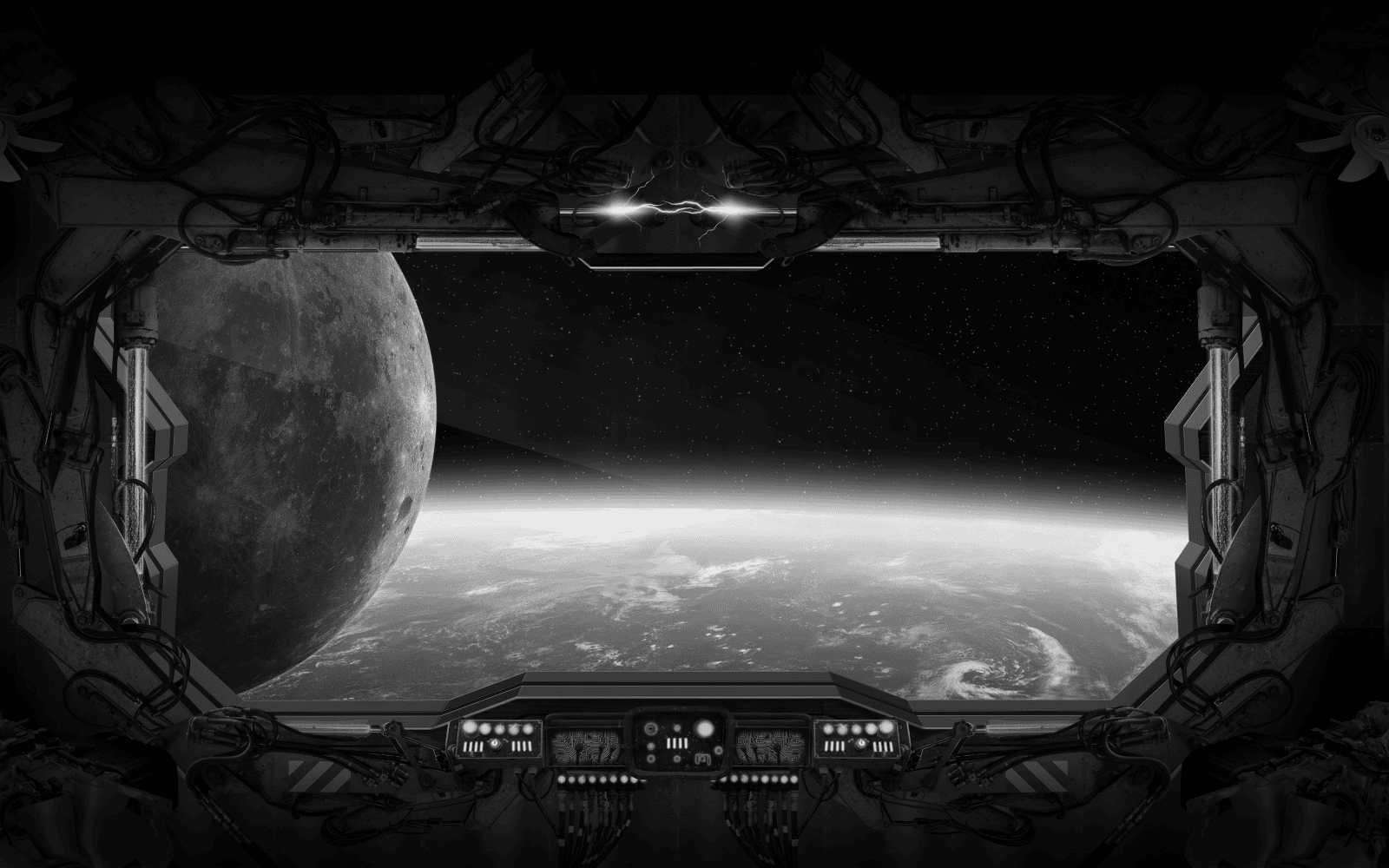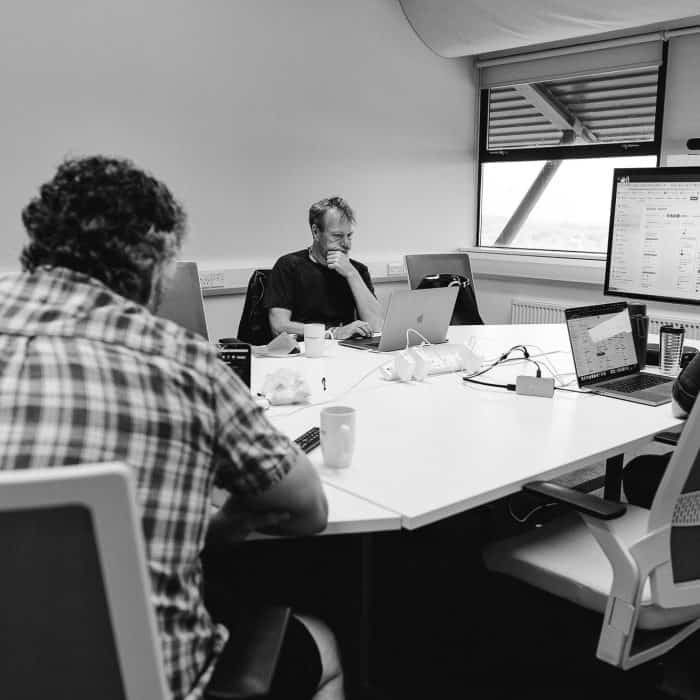For success, size doesn’t matter
Crash-landing on remote planets with nothing but the clothes on their back and a few credits to barter for spare parts is common for the Jedi. This is not dissimilar to a start-up whose staff have fantastic technical ability but no infrastructure or funds to support their brilliance.
While it’s possible to create Google from a garage, the benefits of extra resources are undeniable. The Headforwards FibreHub has co-working spaces, a library, conference rooms and space to relax. Such a space helps foster creativity, and leads to articles likening Star Wars and software development.
Collaborate to control risk
When the Millennium Falcon is working correctly it’s great, but it needs to be piloted and repaired on-the-fly by experts. However, thanks to their well-honed skills and vast experience in their field, so-called “risk” is a controlled measure, not a reckless or thoughtless act. It’s like a senior developer carefully conducting a live database update where even the slightest mistake could be catastrophic.
Jedi missions often reach critical junctures where specific individuals become indispensable problem solvers. In the case of the Death Star’s destruction, Luke Skywalker emerged as the sole pilot capable of firing torpedoes into its vents. This scenario reflects a common issue in software development known as a silo — where individuals hold specialised knowledge critical to the team’s success.
The Jedi’s reliance on Luke’s unique skills highlights the risks associated with such dependencies, emphasising the importance of collaborative knowledge sharing in software development. It’s a good job Luke wasn’t on annual leave that week!
Help your team dodge asteroids
Technical debt is the accrual of future work due to the implementation of an imperfect solution, chosen due to a lack of time, experience, and technology. Long-term projects, especially ones using iterative development, will naturally accrue technical debt over time.
Sometimes it pays to dedicate a sprint or two to addressing technical debt. In the case of the Millennium Falcon, this could make it easier to maintain, help improve its reliability and ensure it can still dodge those asteroids.
As requirements evolve, resolving technical debt is about the fine-tuning of existing code through review, refactoring, establishing and applying coding standards and improving automated test suites.
If the Empire developed software, their stack would hold little or no technical debt. The Empire is never tripping over misplaced boxes, making do with old tools, or spending an excessive amount of time repairing old ships. In contrast, Luke’s first impression of the Millennium Falcon is so bad he describes it as junk!
Balance lies at the heart of The Force (and of Software Development)
The Empire’s well-maintained equipment, plentiful resources and a professional working environment equate to software development best practices. Their ships are ginormous, pristine, and meticulously maintained, but such a combination is rarely accomplished.
This reminds us of the Iron Triangle, where a project’s cost, scope, and speed cannot all be realised simultaneously. For example, you can do a project quickly, and include a lot of features, but it probably won’t be cheap, or you can deliver quickly and cheaply but with few features.
Stormtroopers seem single-minded, but in the right software development workplace that can be appropriate, provided they have a strong direction from management. One thing Empire management does not lack is strong direction!
Cooperation and Coordination
Whether you write JavaScript or hunt Ewoks you will have to rely on several modes of communication. Developers favour physical meetings, conference calls and email, while Stormtroopers use radios and holograms. It appears Microsoft Teams was never in the script.
Stormtroopers, like software developers, should receive a sound level of training. They are expected to be proficient with their tools and should be able to replace one another effectively when necessary. Both follow a chain of command with support and instruction from team leaders and management. It is still unclear who has the worst aim!
The Empire’s Downfall
Just as with their Death Star, the Empire has one fatal flaw: their neglect of workers’ psychological safety. In agile software development, this is the ability of a team’s members to express themselves freely and without fear.
Enforcing a culture of panic and retribution, Darth Vader and the Empire’s management stifles creativity because everybody is too afraid to make a mistake. In software development, too many errors can prevent execution; in the Empire they can lead to execution!
A team will take measured risks as they work together to achieve their goals. However, when your boss is Darth Vader, you won’t want to take even the smallest of risks. As a result, Empire-like software teams won’t make many mistakes, but they also won’t innovate very much. They will continue to chart one course, possibly missing out on large, untapped markets.



